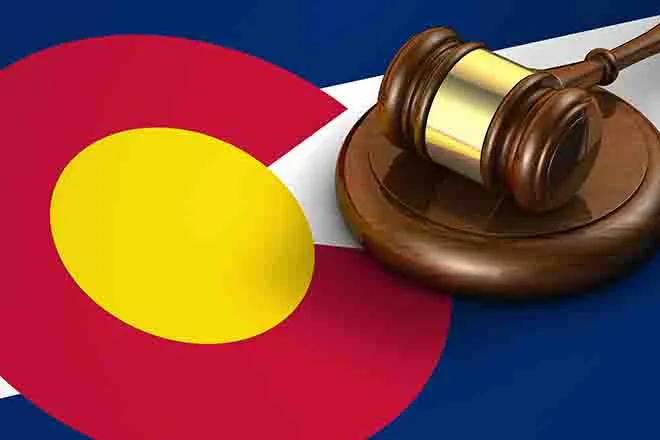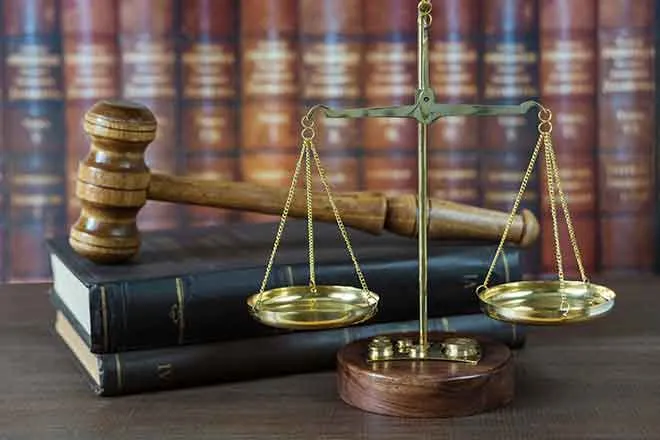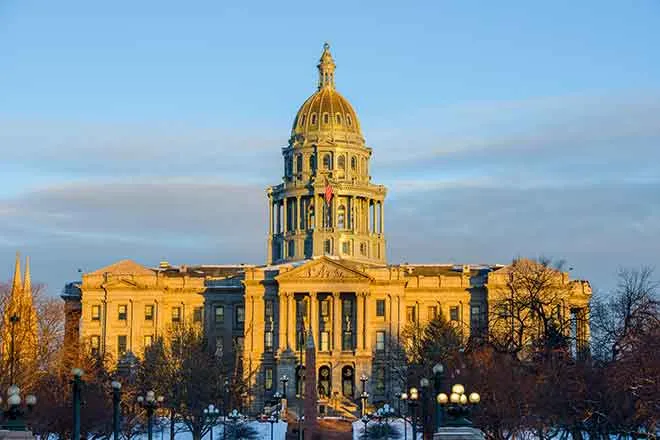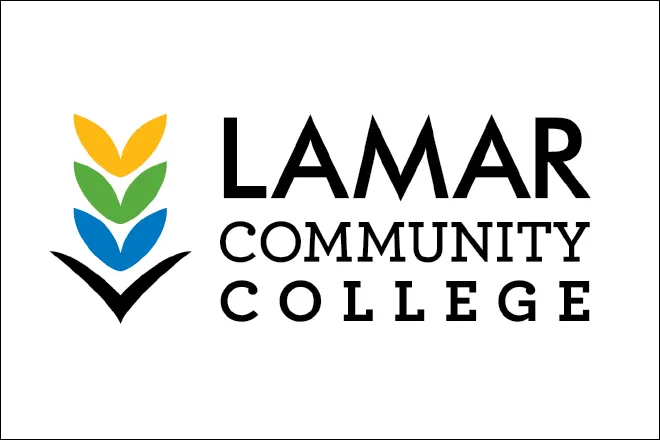
Denver school district must let judge review recording of secret board meeting
(Colorado Newsline) A judge has ordered Denver Public Schools to hand over a recording of a meeting the district’s board of education conducted behind closed doors in March.
The ruling came as part of a lawsuit in which Colorado Newsline and five other Colorado news outlets sued the board for release of the recording, arguing the board violated Colorado open meetings law when it conducted a so-called executive session March 23.
Denver District Court Judge Andrew J. Luxen ordered the school district to deliver a recording of the meeting to the court by the end of the day Thursday. Luxen will then review the recording in private to determine if any of the board’s discussion veered outside the boundaries of what members were allowed to discuss in secret. The judge could then allow the release of parts of the recording deemed to contain discussions that were improperly concealed from the public.
“The Court finds that Plaintiffs have shown sufficient grounds exist to support a reasonable belief that the Denver School Board engaged in substantial discussion of any matters not enumerated” as exceptions in open meetings law, Luxen wrote in an order Tuesday.
Members of the Denver Public Schools Board of Education held a special meeting March 23, a day after an East High School student shot and injured two faculty members at the school. The board had previously removed armed police officers from schools, but on the day of the shooting Superintendent Alex Marrero announced that he would bring armed police — known as school resource officers — back to the city’s high schools, and board members soon expressed support for this decision. Mayor Michael Hancock had planned to reinstall police in schools through executive action, Board Vice President Auon’tai Anderson later alleged.
Under the Colorado Open Meetings Law, a public body like a school board can meet in secret under specific circumstances, but officials, before shutting out the public, must cite the specific exemption and announce the “particular topic” they intend to discuss. And the law says that “No adoption of any proposed policy, position, resolution, rule, regulation, or formal action … shall occur at any executive session that is not open to the public.”
When the board emerged from behind closed doors after about five hours in its March 23 meeting, members voted unanimously without any discussion to approve a memo that instructed Marrero to work with Hancock and city police to temporarily reintroduce police in schools, a significant policy change.
During a June 16 hearing before Luxen, DPS attorney Jonathan Fero argued that the executive session was both properly noticed to the public and that the board did not make a decision behind closed doors, noting that members read the new police policy in open session before voting on it.
Colorado Newsline March 27 submitted a request to the school district under the Colorado Open Records Act for a recording of the executive session. The next day the district denied the request. All of Newsline’s co-plaintiffs — The Denver Post, KUSA 9News, KDVR Fox 31, The Denver Gazette and Colorado Politics, and Chalkbeat Colorado — also requested access to the recording and were denied.
The school district earlier this month took further steps to bring armed police officers back to schools on a long-term basis. The lawsuit and school policy regarding police comes amid debates in Colorado and around the country over rising gun violence in schools and other public places.
Colorado Newsline is part of States Newsroom, a network of news bureaus supported by grants and a coalition of donors as a 501c(3) public charity. Colorado Newsline maintains editorial independence. Contact Editor Quentin Young for questions: info@coloradonewsline.com. Follow Colorado Newsline on Facebook and Twitter.













